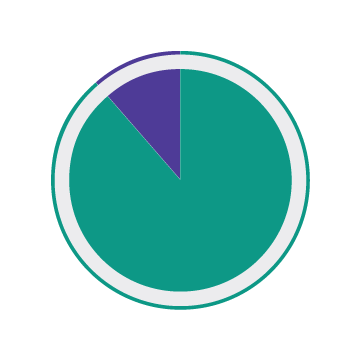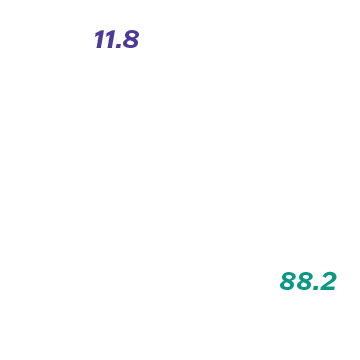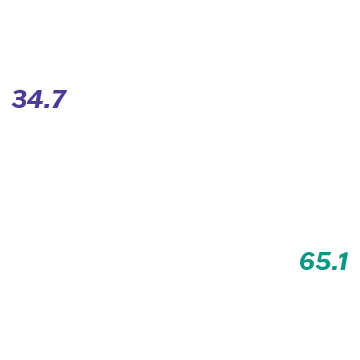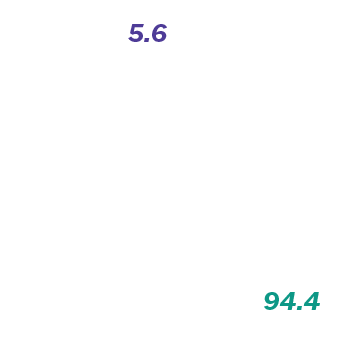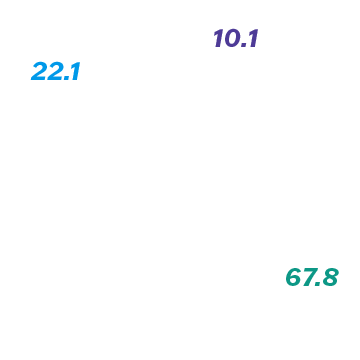At Peñoles, we promote and guarantee:
- Full respect for human and labor rights.
- Freedom of thought, association and political affiliation.
- A safe and healthy workplace.
- A respectful, equitable working environment, free of discrimination and harassment.
- A culture of prevention toward accidents and occupational illnesses.
- Professional training and continuing education.
- Competitive, fair compensation based on performance.
Since 2005 we have been signing members of the United Nations Global Compact on human rights, labor rights, the environment and anti-corruption.
In 2020 there were no reports of situations involving extortion, abuse, discrimination, forced or coerced labor, unfair labor practices, violation of indigenous people’s rights nor any violation of human rights. We have a Code of Conduct and a Correct Line ethical hotline to avoid practices that go against our ethics and to sanction them if they occur.
Our human resource strategy
In 2009 we introduced a Talent Development System in order to select, develop and retain top-performing and highest-potential employees. This will ensure we have the right people, now and in the future. The following are the components of the system and the highlights of its actions during this past year. Our actions are described in greater detail in the 2020 Sustainable Development Report.
| Process | Goal | Actions | 2020 Results | ||||
|---|---|---|---|---|---|---|---|
| Process | Recruitment and selection |
Goal | Ensure incorporation of the right people. | Acciones |
|
2020 Results |
|
| Process | Performance evaluation |
Goal | Measure completion of established goals and expected behaviors, according to organizational competencies. | Actions |
|
2020 Results |
|
| Process | Compensation |
Goal | Have an objective, competitive compensation system in place. | Actions |
|
2020 Results |
|
| Process | Training |
Goal | Train people according to needs detected in the performance evaluation. | Actions |
|
2020 Results |
|
| Process | Development and retention |
Goal | Develop people with better performance and greater potential. | Actions |
|
2020 Results |
|
